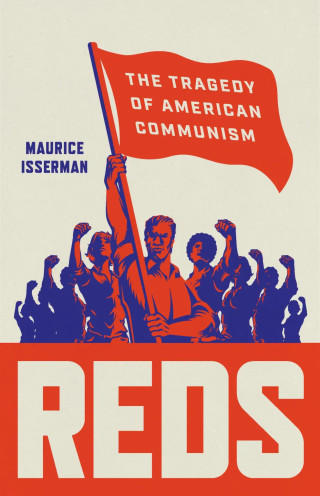For more than a century, the American left has been pulled in two directions. The better one seeks revolutionary change through the democratic process, as the Socialist leader Eugene V. Debs did in the early 20th century. Emulating the abolitionists William Lloyd Garrison and Frederick Douglass, Debs tried to convince people of many political persuasions to expand the promise of equality embedded in the Declaration of Independence. The Socialist Party that he led got more than 1,000 members elected to public office, and he himself attracted 6 percent of the vote when he ran for president in 1912.
A competing vision arose during and after the First World War in Russia, a country that bore scant resemblance to Western democracies and had no tradition of government based on principles of equal rights. To overthrow Russia’s czar, Vladimir Lenin created a tightly organized and ideologically disciplined corps of “professional revolutionaries” who would dedicate “the whole of their lives” to the movement. Their success at destroying the old order in 1917 appealed to a contingent of American radicals who, in 1919, left the Socialist Party to form what would eventually be named the Communist Party USA. Like the original Bolsheviks in Russia, the CPUSA subordinated democratic ideals and individual conscience to the decisions made by a hierarchical party apparatus. That approach—which assumes that adherents’ fervor and discipline can compensate for a lack of popular support—has done little to create a more equitable society in the United States.
I am a lifelong democratic socialist. I was a founding member of the Democratic Socialists of America, a group established in 1982 in the spirit of Debs, Garrison, and Douglass. I am also the author of Reds: The Tragedy of American Communism, a new history of that movement from 1919 to 1991. I wrote the book as a cautionary tale. The Communist Party’s ignominious history—of taking instructions from Moscow, drumming out dissenters, and making excuses for communist regimes’ human-rights violations in the name of revolutionary solidarity—should be a warning to ideologues pushing for greater uniformity on the left and to anyone tempted to think that dogmas, slogans, and tactical orders from headquarters should be accepted without debate. Unfortunately, some factions within the organized left are repeating the CPUSA’s errors today, most notably in their rigid, doctrinaire response to the Hamas attack on Israel in October.
